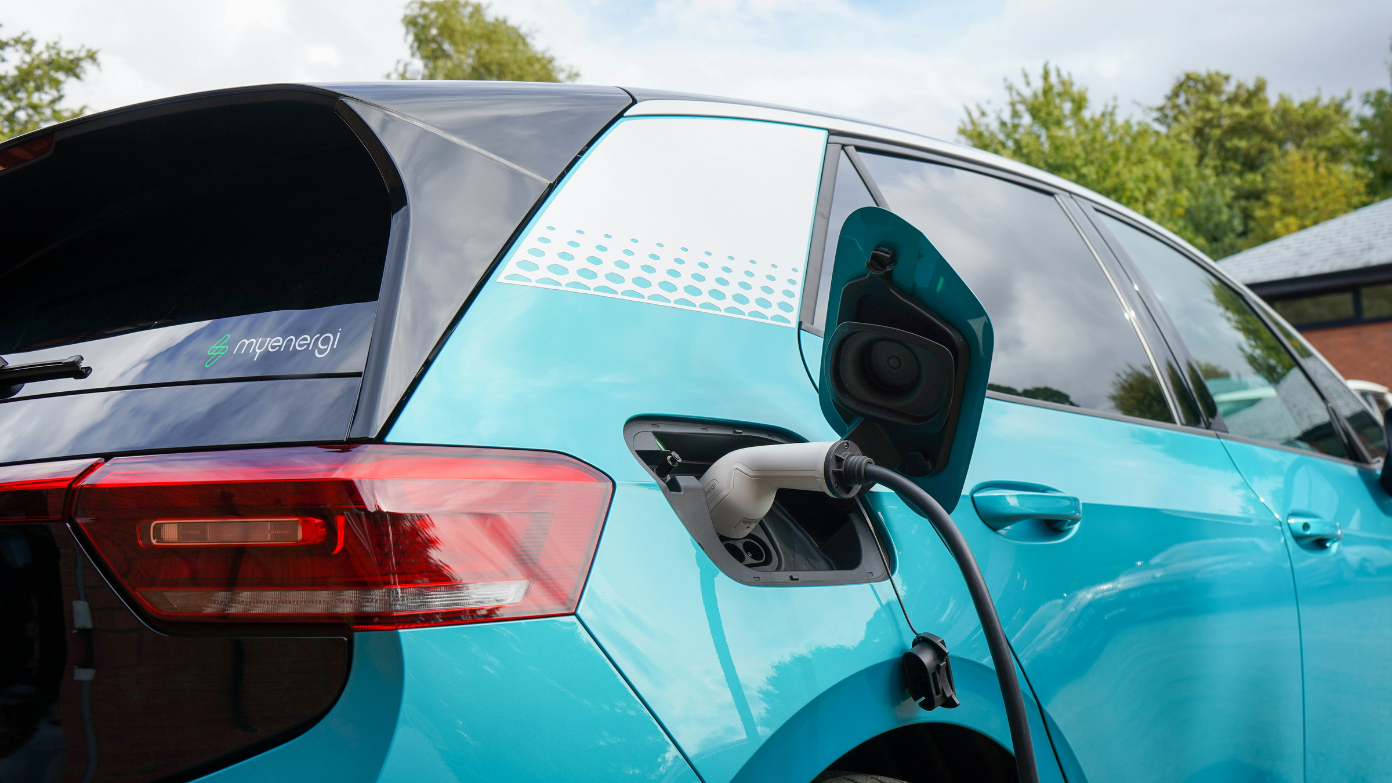The Electric Vehicle (EV) market has expanded in leaps and bounds in recent years, fueled in no small measure by incentives like the federal tax credit of as much as $7,500. But reports coming in indicate this critical lifeline may be under threat with President Donald Trump’s administration. This article examines the implications of Trump’s bid to repeal the EV tax credit, why he is doing so, and the chances it will affect car manufacturers and consumers.
The proposed bill
At the beginning of February 2025, a group of Republican senators headed by John Barrasso introduced a move to repeal the federal electric car tax credit. The bill, in addition to seeking the abrogation of the $7,500 credit towards the procurement of new electric cars, levies a tax of $1,000 for new EV purchases. The justification employed by the proponents of this bill centers on the argument that EVs do not contribute to road construction expenses, which traditionally have been met by gasoline taxation. Senator Deb Fischer emphasized the fact that EVs can put more wear and tear on infrastructure from their weight compared to their gas engine equivalents.
The bill makes the credits expire 30 days after being enacted into law, and the stakeholders are concerned that the phasing out of the credits will phase out consumer sales based on such incentives. The change in proposal has come at a time when most manufacturers have invested in making their fleet electric vehicles, hence the timing of this legislation being controversial.
Motivations behind the move
Trump’s administration has been an old adversary of government subsidies for electric vehicles. Trump campaign demands to abandon such incentives were cast as an instance of unwanted government intervention in an industry that would be best served by being fueled by consumer choice. The administration’s broader energy policy also appears to benefit fossil fuels over clean sources of energy and benefits the interests of incumbent energy industries that have funded Trump in the past.
Additionally, other industry experts hold the opinion that this action would disproportionately favor Tesla, which is already past its eligibility for federal tax credits. CEO Elon Musk has already opined that he thinks Tesla doesn’t need subsidies, and this would give it a competitive advantage over other automakers who still depend on such incentives.
Impact on the automotive industry
The probable phasing out of the EV tax credit will have phenomenal impacts on the auto sector. A study by UC Berkeley experts revealed that the elimination of the tax credit would result in a virtually 30% reduction in EV sales in America. This translates to about 317,000 fewer vehicles sold each year if people are no longer motivated by such credits.
Auto manufacturer corporations such as General Motors and Ford have modeled their responses to such incentives and would be disadvantaged should they be rescinded. Such critics argue that without this level of parity assistance, U.S. manufacturers would be vulnerable to cheaper foreign manufacturers who will not have similar tax or regulatory overheads.
Consumer consequences
For buyers looking to buy an electric vehicle, the elimination of the tax credit will play a major role in the cost of such a car. Buyers are mostly still price-conscious between conventional gasoline-burning and electric cars. The elimination of this economic incentive will deter potential buyers from buying EVs, thus hindering the transition towards cleaner modes of transport as well as reducing carbon emissions.
Apart from this, environmentalists have also criticized that withdrawal of such incentives will hamper climate change actions. They believe that government incentives are needed to initiate development and take-up in an industry that is still immature and plagued with various challenges.
Looking ahead
While controversy rages for this bill, it is unclear how it will ultimately affect consumers and manufacturers in the long term. While some talk of a free market being capable of thriving without subsidy, others caution that eliminating money support can sap innovation and development in the home automotive industry.
The success of this congressional initiative will surely dictate the tone of not only the future of retail electric vehicles but of environmental policy as a whole in the United States. While observers wait with bated breath, it is certain that the fate of the $7,500 EV tax credit remains delicately poised in the balance.
Read more: IRS audit risks – the red flags that mean you are more likely to get a inspection
Read more: Will my tax refund be delayed by Trump’s actions – Impact of hiring freeze and resignations
